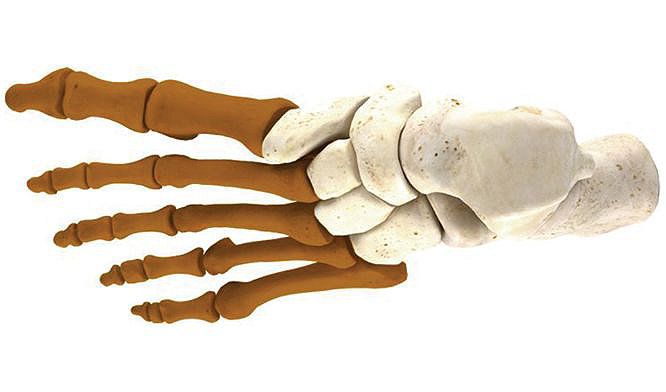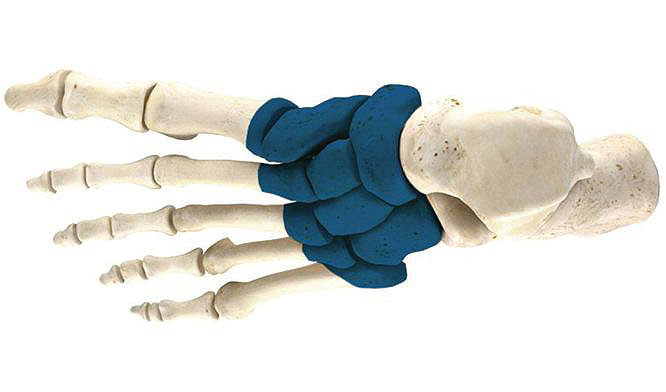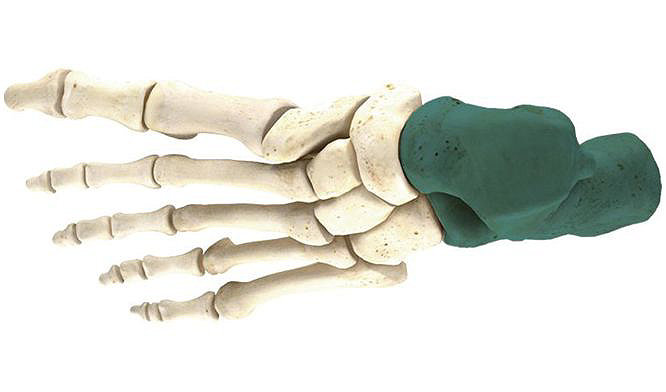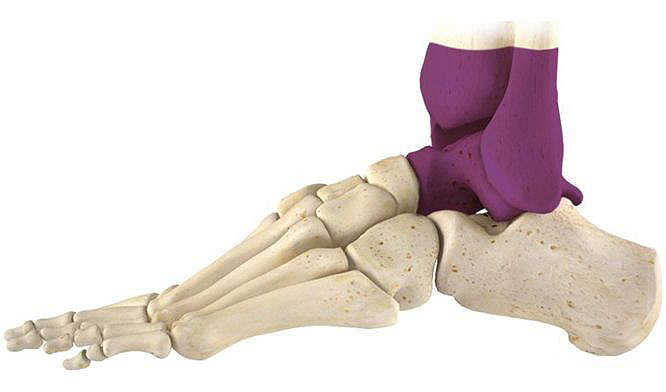Hoffmann®
Micro Lengthener
External Fixation System
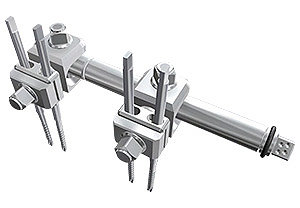
Developed for metacarpal, metatarsal, or phalangeal lengthening the Hoffmann Micro Lengthener, may also be used for compression in arthrodesis or non-union cases. The overall size of the fixator makes it one of the most compact devices offered today. The low profile 6mm tube and clamp assembly is excellent for patient comfort, while still intending to maintain secure strength and durability.
- Optional thumb wheel helps the patient follow the regime of daily lengthening.
- Clamps can be positioned in a variety of ways to allow for optimal pin placement, easy frame adaptability, and access to the locking nuts.
- Clamps allow insertion of Apex Pins in parallel, convergent, or divergent directions.

Brachymetatarsia
The treatment of brachymetatarsia involves lengthening of a short, or hypoplastic, metatarsal.

1st Metatarso-phalangeal (MTP) arthrodesis
A first MTP arthrodesis can be performed in cases of arthritis (hallux rigidus) or deformity. The goal is to fuse (or permanently stiffen) the first metatarsal and proximal phalanx.

Closing wedge osteotomy
A lateral closing wedge osteotomy of the first metatarsal is performed to treat Hallux Valgus deformities.

Navicular fracture
Navicular fractures can occur as stress fractures, as commonly seen in athletes, or related to acute trauma.

Calcaneal fracture
The treatment of brachymetatarsia involves lengthening of a short, or hypoplastic, metatarsal.

Ankle distraction
A distraction arthroplasty stretches the ankle joint apart over a period of time. This effectively unloads the joint, allowing it to heal. An ankle distraction arthroplasty is most commonly used for patients with ankle arthritis without deformity.

Ankle fracture
Ankle fractures are one of the most common fractures to occur. These can involve the lateral malleolus (fibula), medial malleolus, and/or the posterior malleolus. The syndesmosis may also be involved. Ankle fractures can also involve the articular surface of the tibia, known as pilon fractures. To provide stability and allow for an anatomic reduction, some of these fractures are treated surgically.
Contact us
Send us a message to learn more about Hoffman Micro Lengthener External Fixation System
Have questions or inquiries? We’re here to help! Fill out the contact form, and our dedicated team will get back to you promptly. Your feedback and inquiries are important to us, and we look forward to assisting you with any information or support you may need.
Are you a patient looking for more information or a physician in your area?
Click the button below for our patient website.
Stryker Corporation or its divisions or other corporate affiliated entities own, use or have applied for the following trademarks or service marks: Hoffmann, Stryker. All other trademarks are trademarks of their respective owners or holders.

